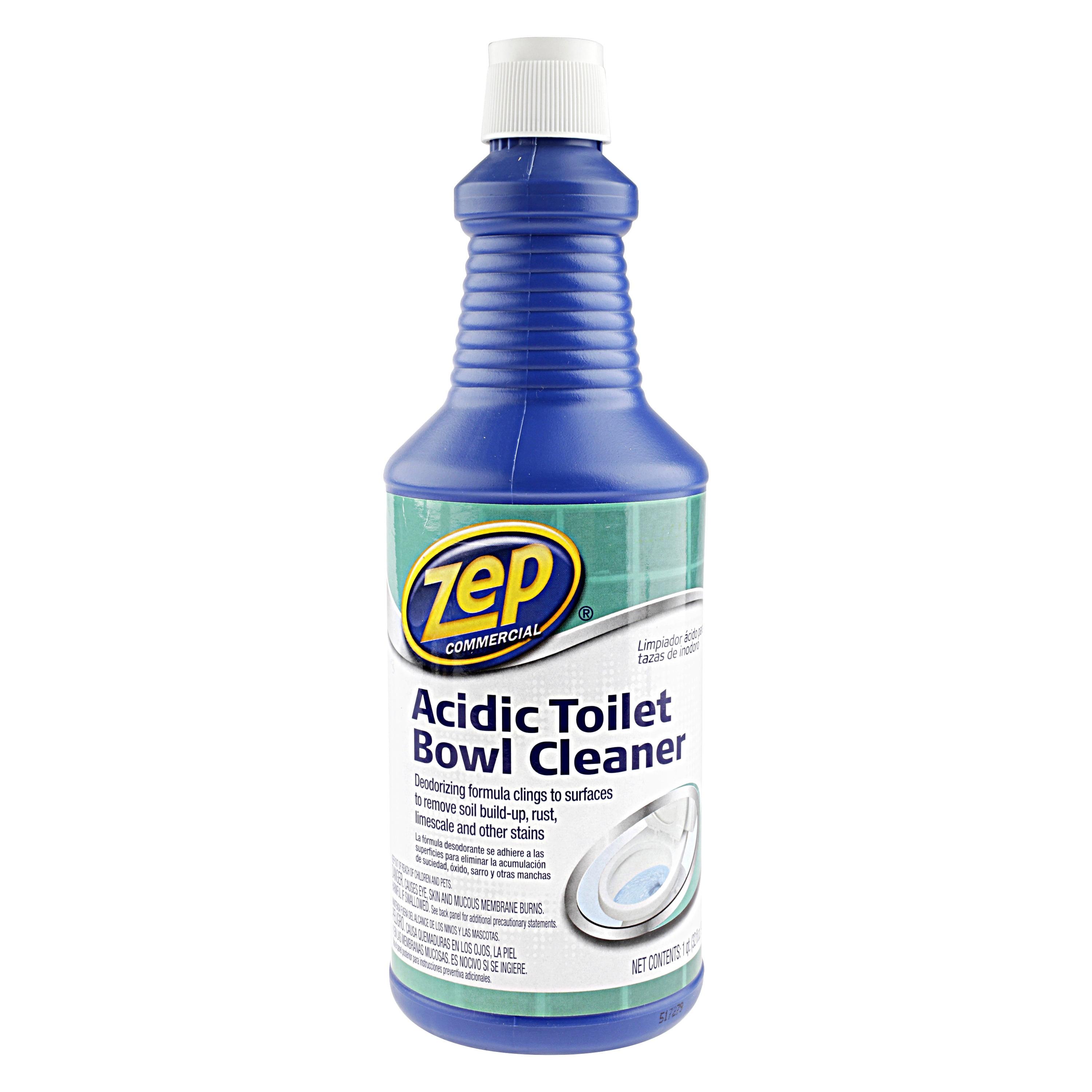
The Clean School Bus Program is intended to reduce planet-warming greenhouse gas emissions and reduce air pollution. More than 90% of applications were for zero-emission electric buses, with about 9% for propane-fueled buses and 1% for compressed natural gas buses, also called CNG. The current rebate application period under the EPA program closed in August. Frank Pallone, D-N.J., chairman of the House Energy and Commerce Committee, called the additional grant funding "a huge win for our nation’s children and our fight against the climate crisis.''

so that more communities can realize the clean air and energy saving benefits of these cleaner vehicles,” he said.

Given the strong response from states and local school districts, "it’s clear that more funding is needed. “These are the very communities that stand to gain the most from our historic clean school bus investments in the bipartisan infrastructure law,'' Carper said. Tom Carper, D-Del., chairman of the Senate Environment and Public Works Committee, said he was pleased to see high demand for electric school buses, including in low-income, tribal and other disadvantaged communities. The Biden administration is "working across all 50 states to accelerate the transition to a future where clean, zero-emissions school buses are the American standard,” he said. EPA said it will move swiftly to review applications submitted and expects to grant awards next month.ĮPA Administrator Regan said the accelerated time frame for the grants was a result of especially strong demand. School districts from all 50 states have applied for rebates under the program, which aims to replace traditional diesel school buses with low- and zero-emission models in the next five years. Money for the new purchases is available under the agency's Clean School Bus Program, which includes $5 billion from the bipartisan infrastructure law President Joe Biden signed last year. Only about 1% of the nation’s 480,000 school buses were electric as of last year, but the push to abandon diesel buses has gained momentum in recent years.

“Together, we can reduce climate pollution, improve air quality and reduce the risk of health impacts like asthma for as many as 25 million children who ride the bus every day."

“America’s school districts delivered this message loud and clear: We must replace older, dirty diesel school buses,″ EPA Administrator Michael Regan said in a statement Thursday.


 0 kommentar(er)
0 kommentar(er)
